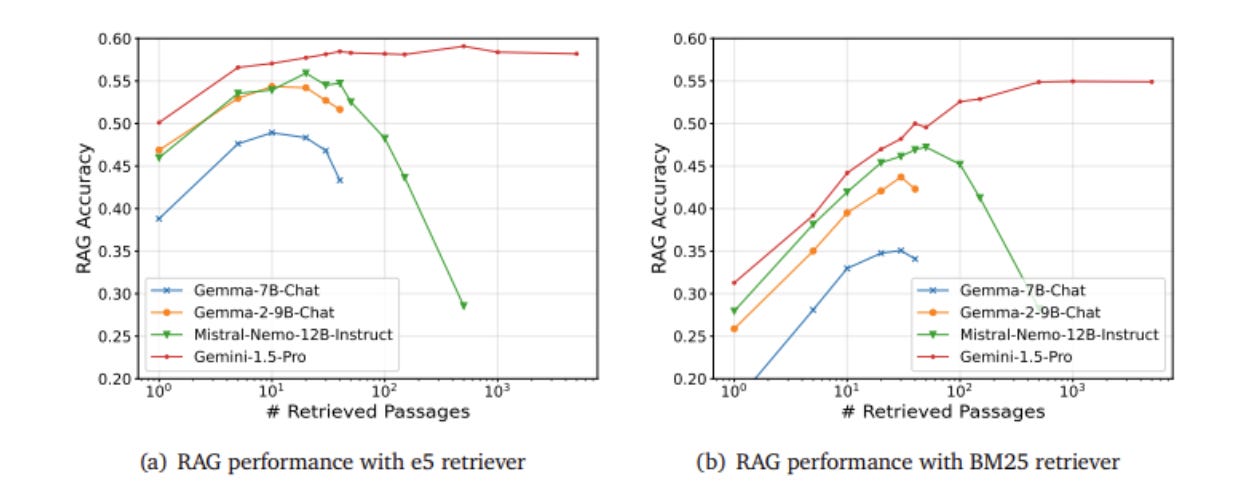AI Agents: The Future of Small Tech 🚀
How AI agents like Replit’s are empowering small tech companies to tackle big challenges and redefine innovation.

AI agents are on the rise and rapidly changing the landscape for small tech companies and independent creators, enabling them to achieve complex tasks at scale.
So what are AI agents?
AI agents are systems designed to perform specific tasks or solve problems. Unlike traditional software that relies on predefined rules, AI agents learn from data, adapt to new inputs, and operate independently to deliver solutions. If you are familiar with Chatbots and how they work you can think of AI agents like chatbots that are designed for specific tasks and trained on tailored data.
The uses for these agents obviously are very wide, from coding assistants that help debug and generate code, to customer support bots that handle inquiries in real-time.
How agents can boost your work
AI agents aren’t just for startups—they’re becoming indispensable for independent creators looking to scale their efforts and increase their output. Here’s how:
For Designers: AI can help streamline tasks like generating variations of a design, managing style consistency, or prototyping ideas.
For Developers: Tools like Replit’s agent can assist with debugging, code generation, and tackling complex projects solo.
For Writers: AI tools can suggest edits, summarize research, or even draft content, freeing up time for more creative work.
The long-context challenge
While these agents are incredibly powerful, their current limitations—particularly in handling large complex contexts —present a critical challenge. As the amount of information and context increases, the performance of AI agents often declines.
With my own experience in working with agents, I find this problem particularly important. While initiating a project may be straightforward, difficulties arise when you attempt to make edits or expand upon it. The existing agents focus on particular sections of the code, which can lead to complications in other areas of the codebase.
This challenge is a key aspect of what’s known as the long-context problem, a fundamental limitation in how AI agents manage and apply extensive information.
Long-context reasoning refers to an AI agent’s ability to maintain and utilize a coherent understanding of extended tasks or complex datasets. As context grows—whether it’s lines of code in a project, layers of instructions, or intricate workflows—AI often struggles to stay consistent or efficient.
Addressing this challenge is essential not only for small tech companies but also for freelancers and creators who rely on AI to streamline their workflows.
Replit’s approach to tackling long-context reasoning
Replit, a popular platform for collaborative coding, has been at the forefront of innovating AI agent capabilities. During a recent presentation, Replit’s team highlighted specific updates to their AI agent that aim to address long-context challenges:
Iterative Searches: Replit’s agent doesn’t just answer queries; it refines its understanding over multiple steps, improving accuracy in extended tasks.
Custom Context Anchoring: By creating more structured “anchors” within long tasks, Replit ensures the AI stays focused on relevant information without losing track of key objectives.
Performance Optimization: Through algorithmic updates, the agent can better handle large-scale projects while maintaining responsiveness.
These innovations are game-changers for independent developers and designers, who often juggle multiple roles and need tools that save time without sacrificing quality.
What’s next?
The future of AI agents lies in their ability to handle complexity without losing focus. Advancements in:
Memory Systems: Allowing AI to retain and recall relevant information over extended tasks.
Integration with Human Input: Seamlessly blending AI insights with user oversight to maintain accuracy.
Real-Time Adaptation: Ensuring agents can adjust their strategies as context evolves.
Whether you’re a small tech company or an independent creator, the companies that solve these challenges will set the standard for what AI can achieve in the years ahead.
What are your thoughts on the role of AI agents in small tech companies? Let’s discuss in the comments!



Prompt driven development is a time saving tool - and anything time saving is good news for a small tech team. Having said that, you need to learn how to work with it. As you pointed out, long context is not its strongest suit. Us human operators still need to strategically and systematically break down the task in order to get the best outputs. Pretty much like managing a child, humans are the parents who need to keep the eye on all the pieces!